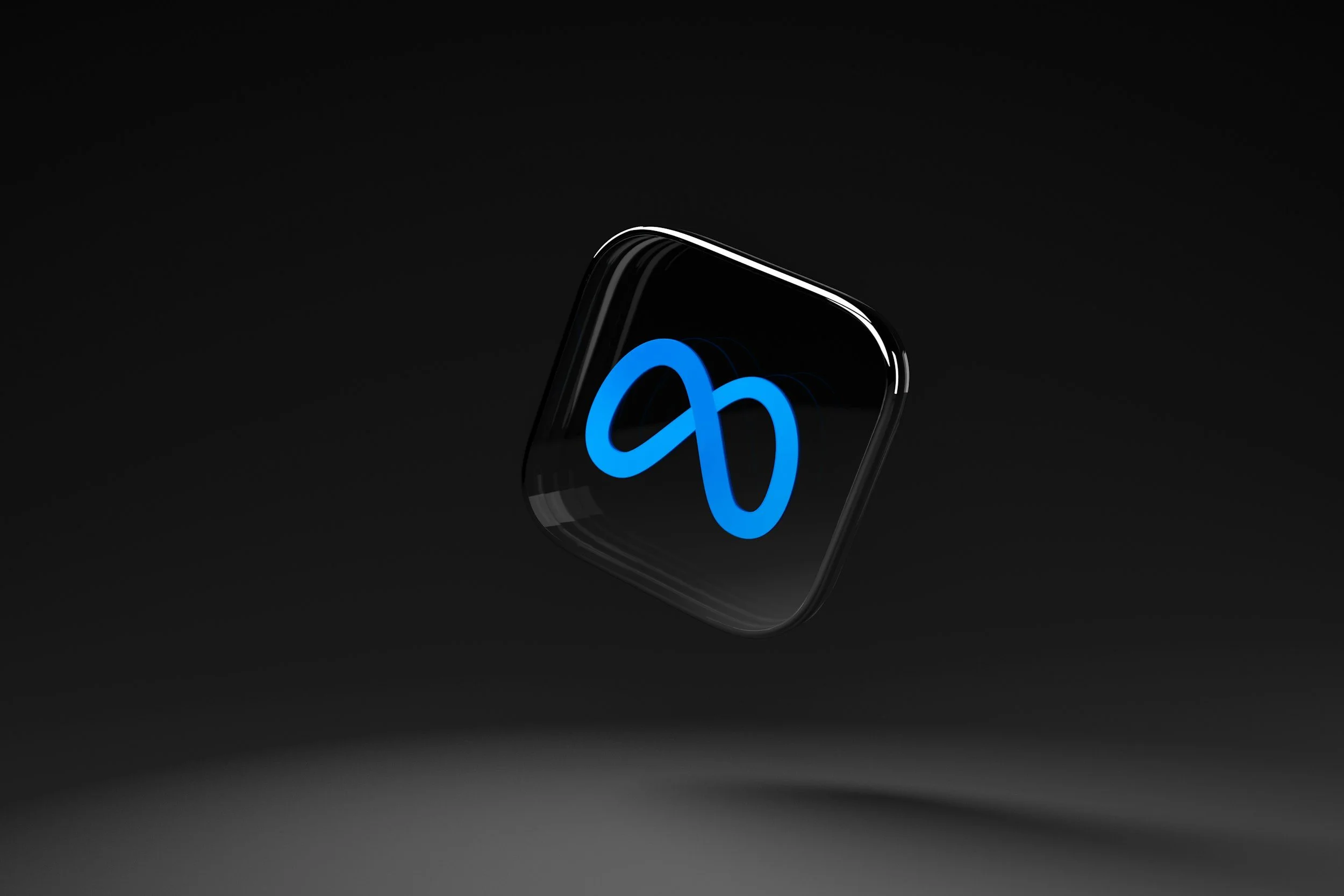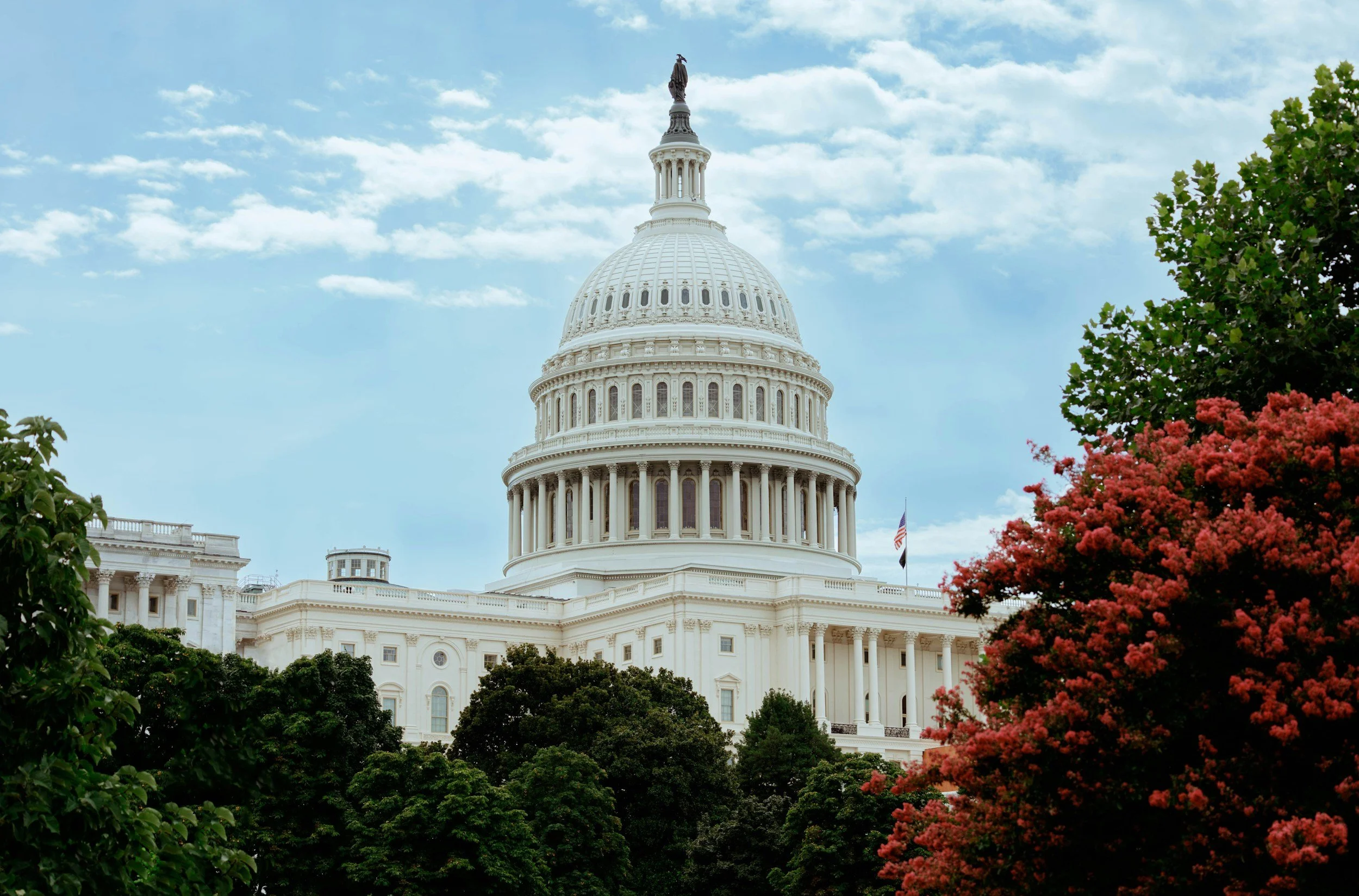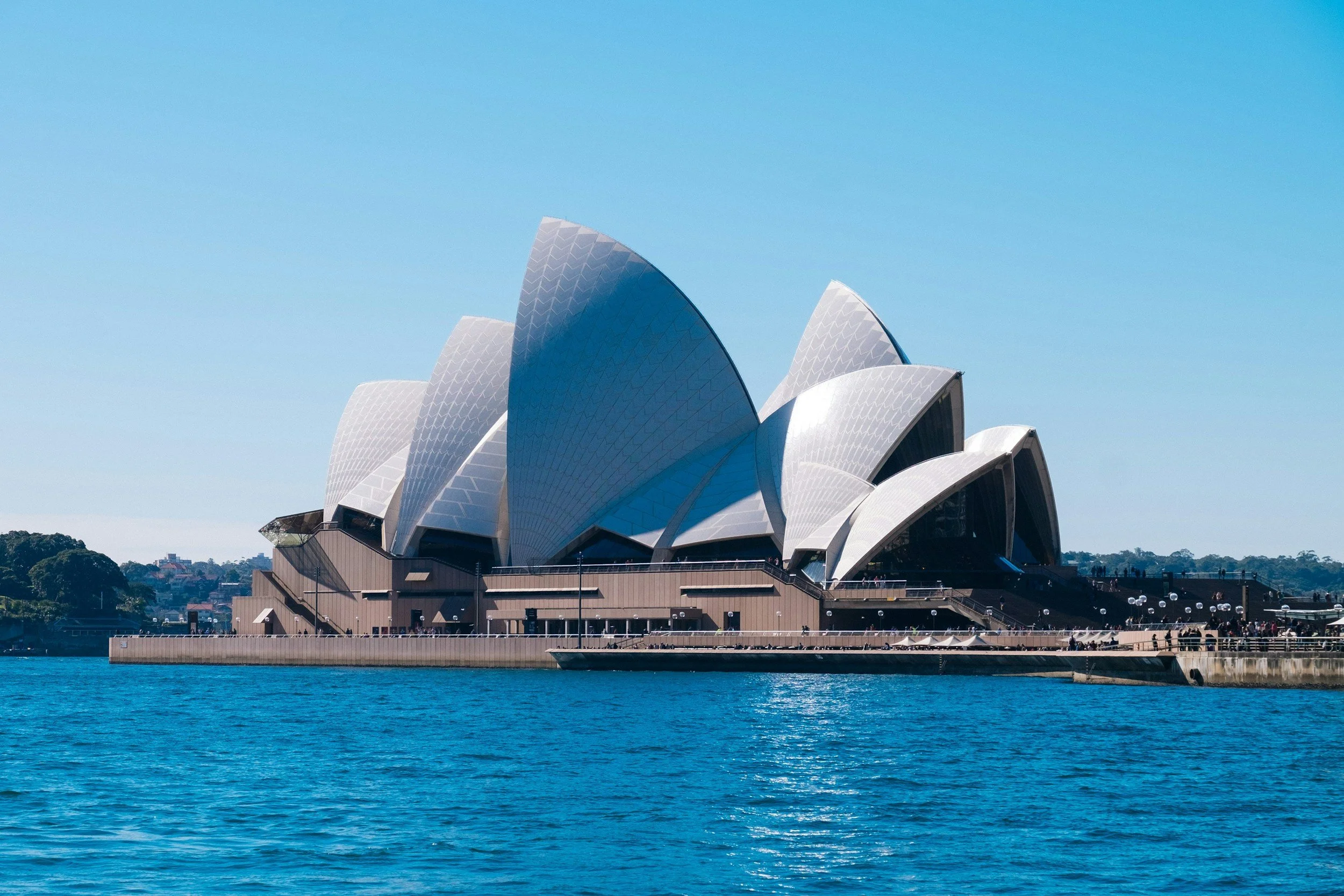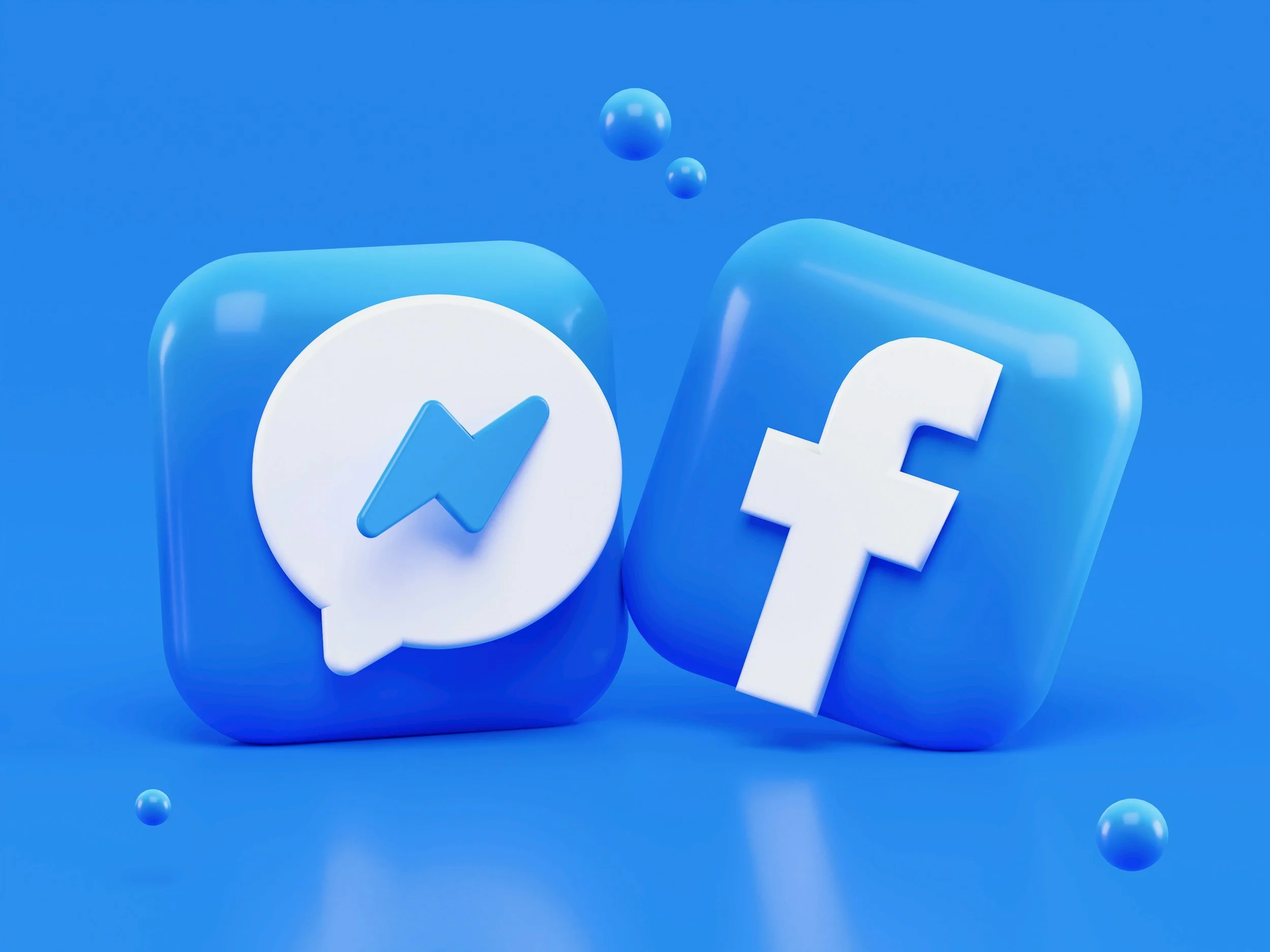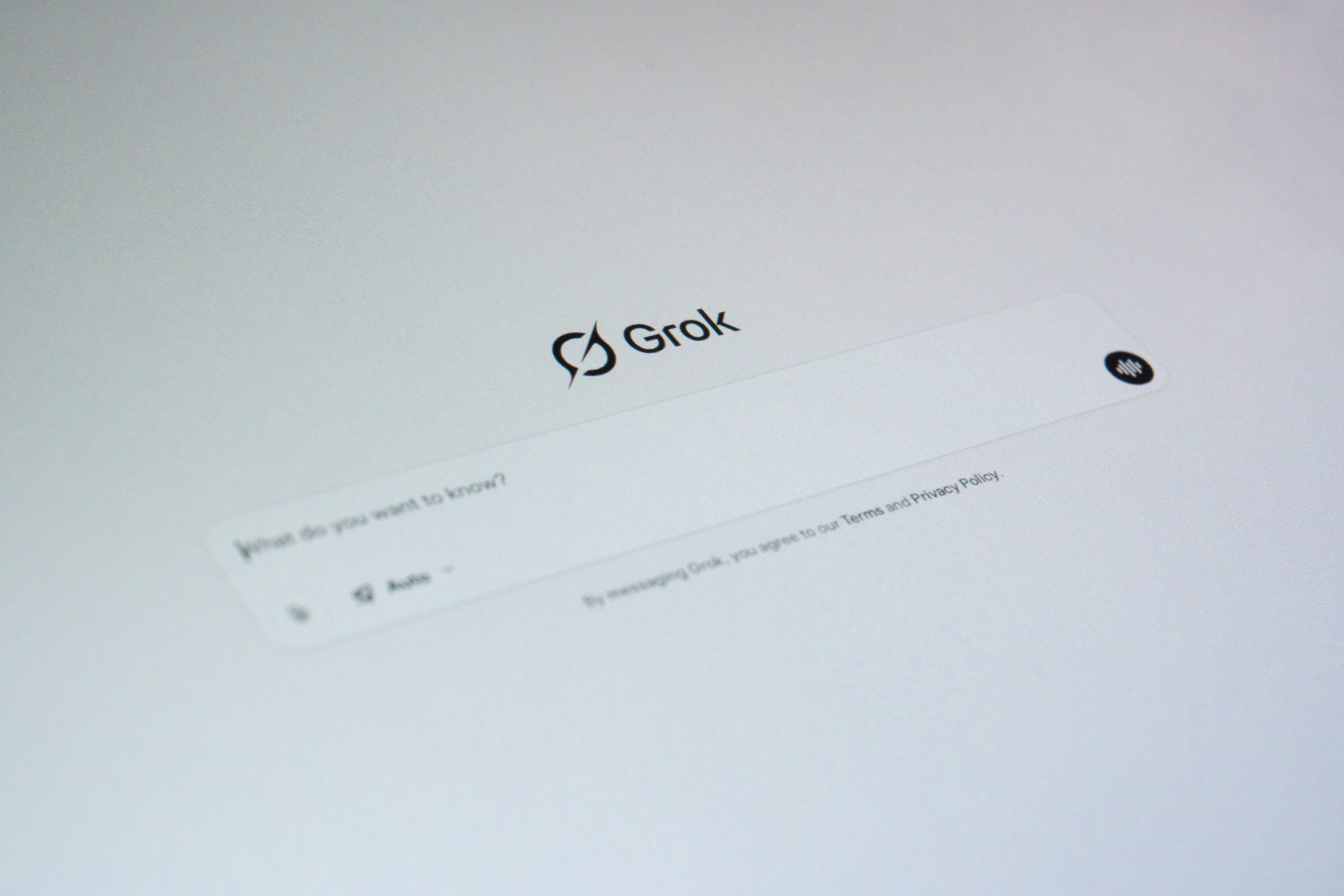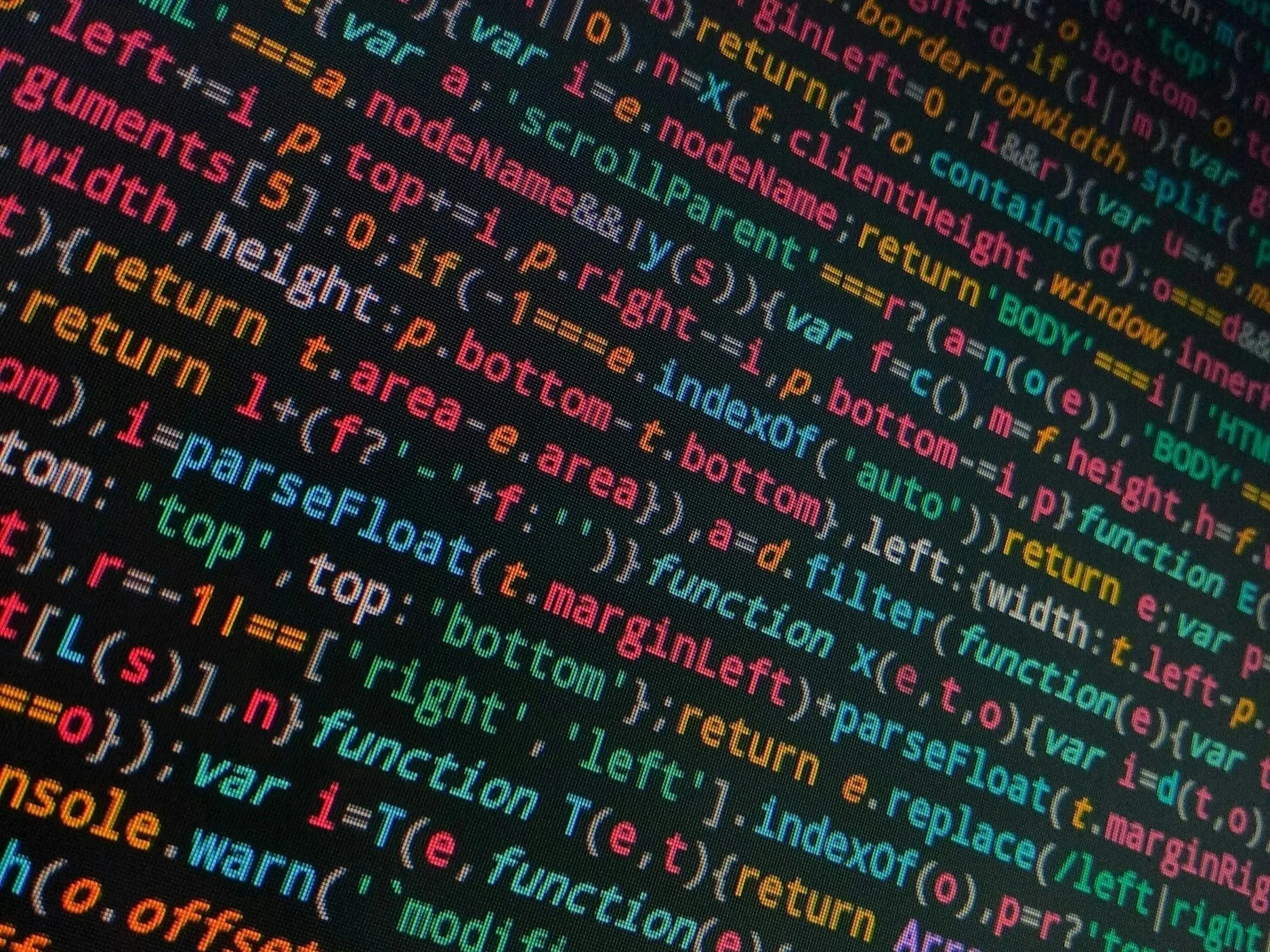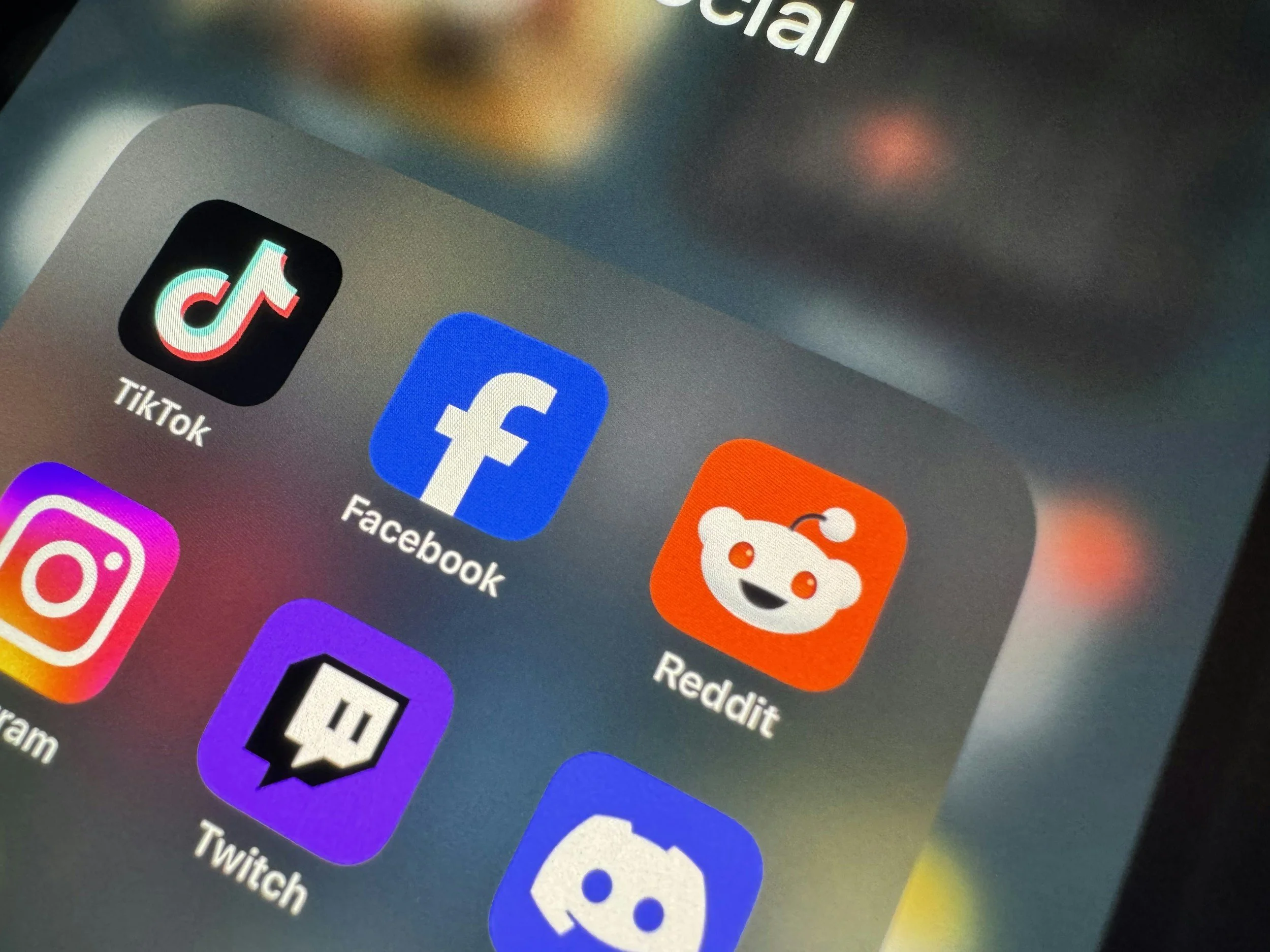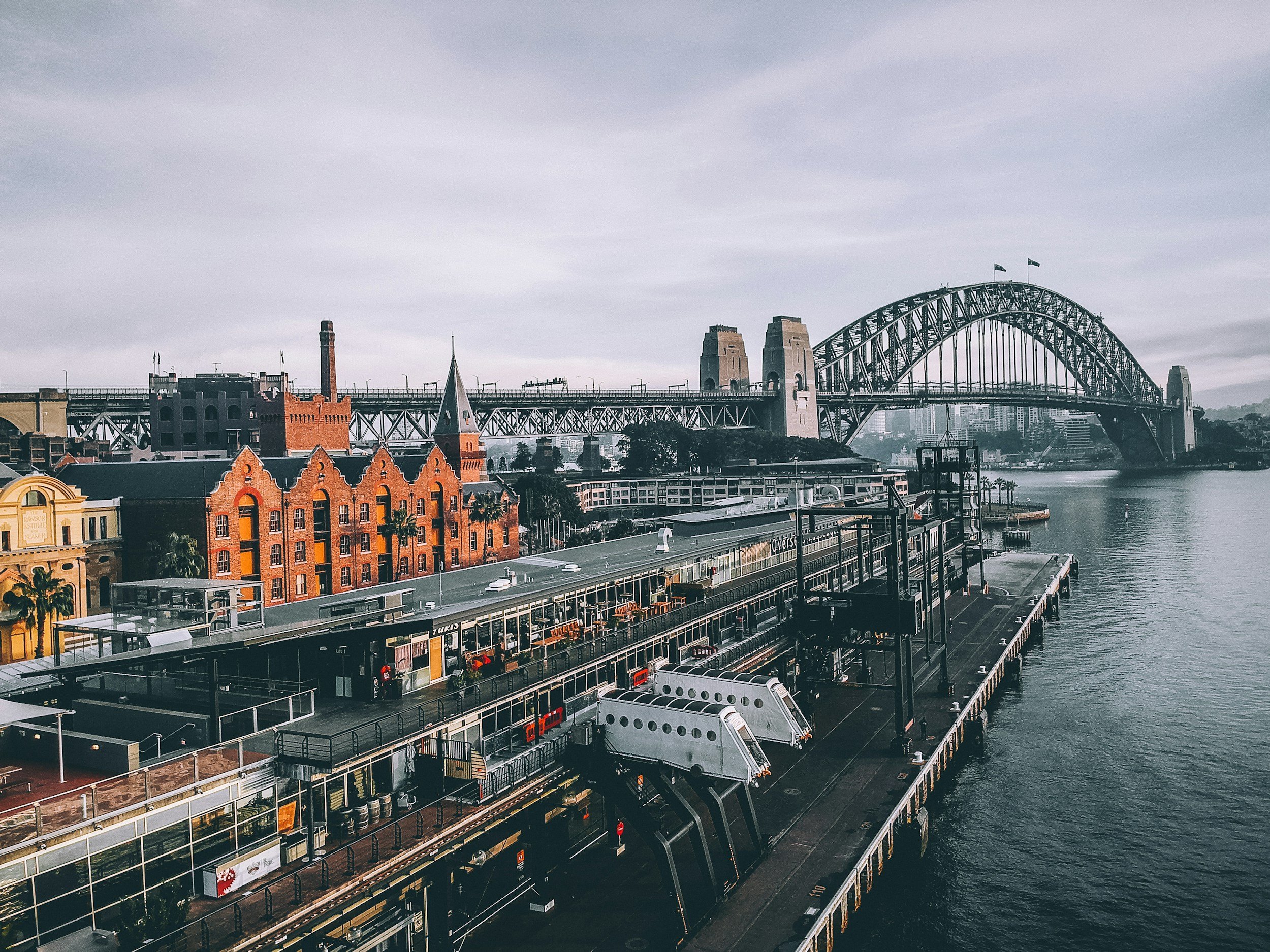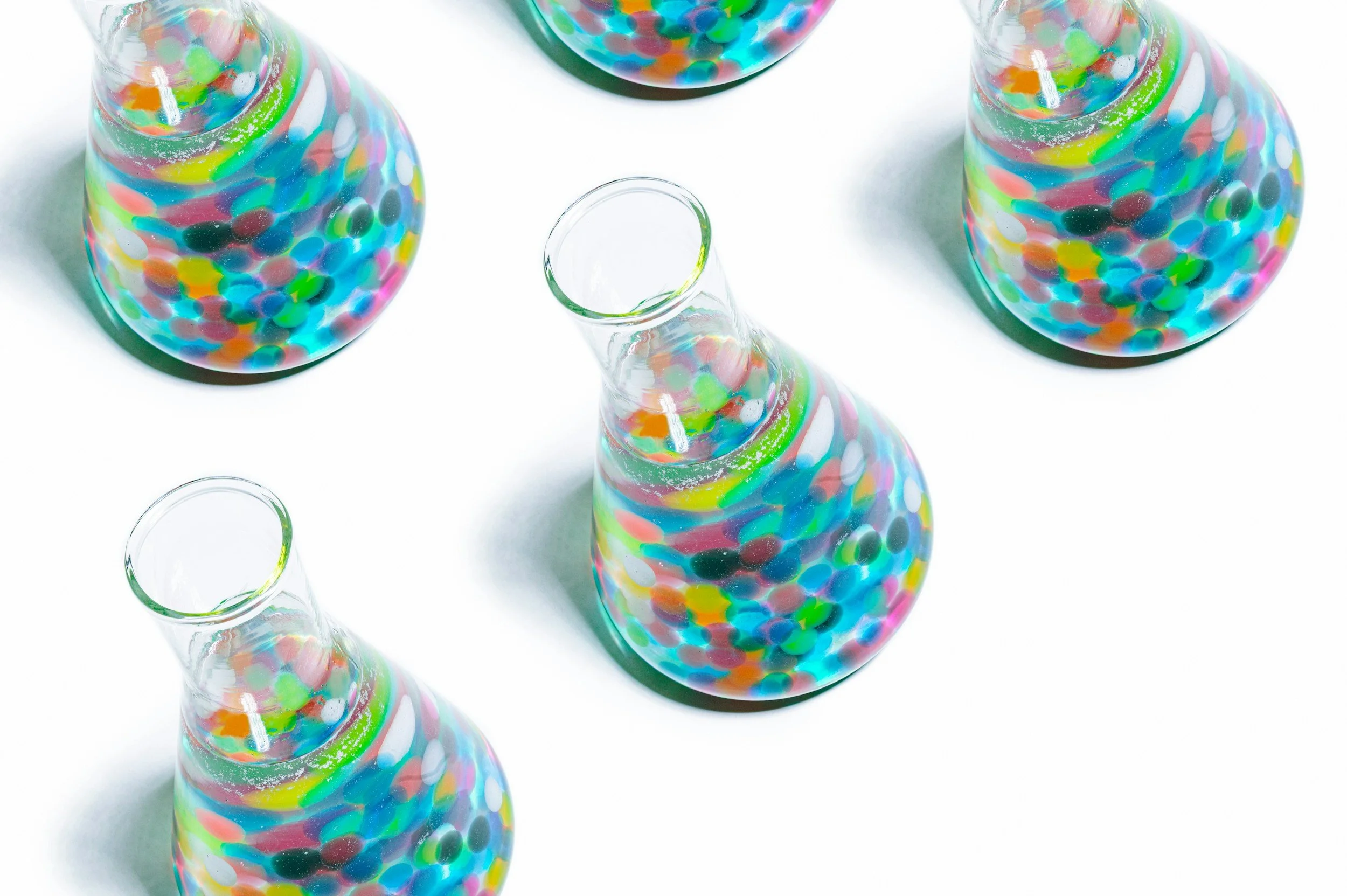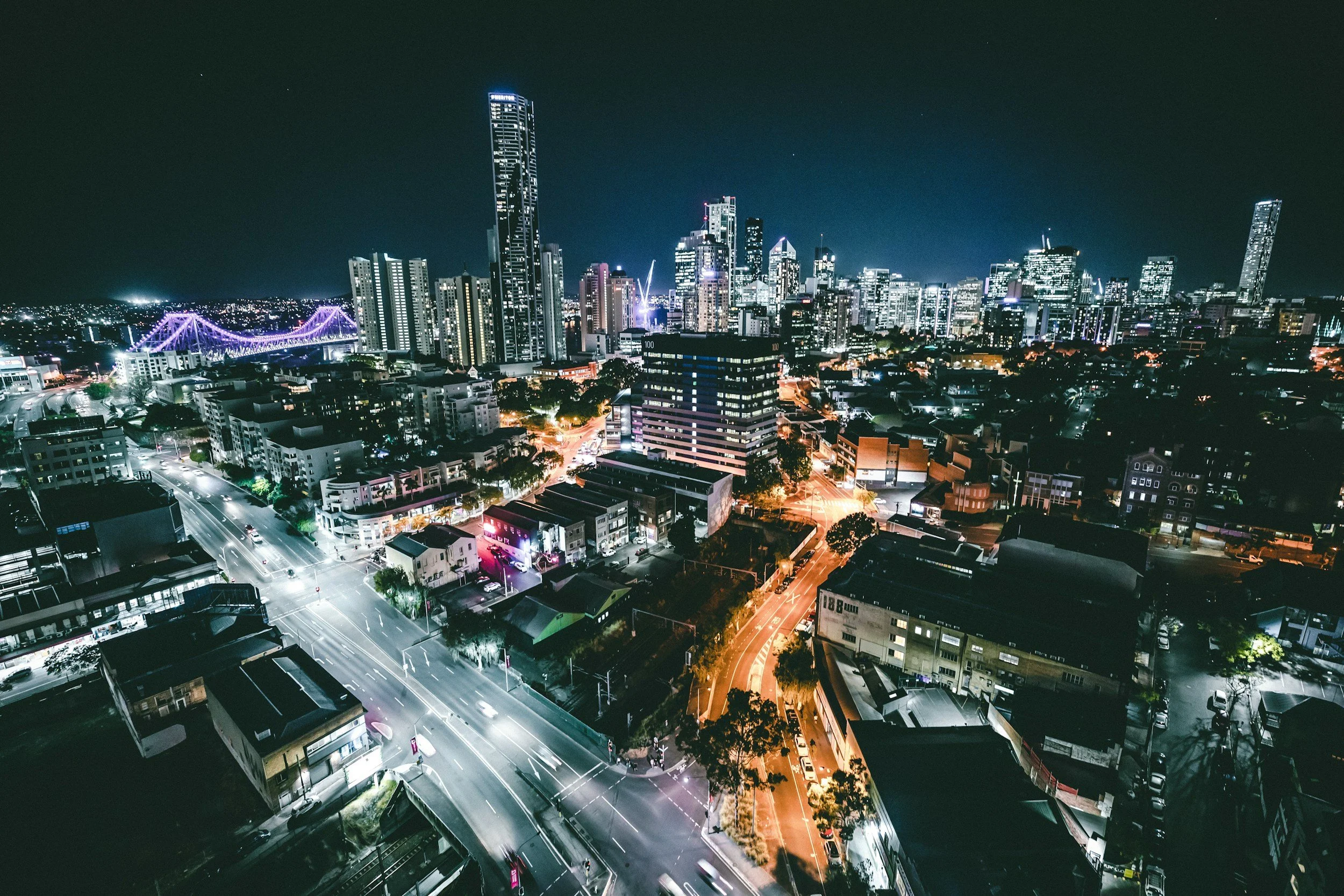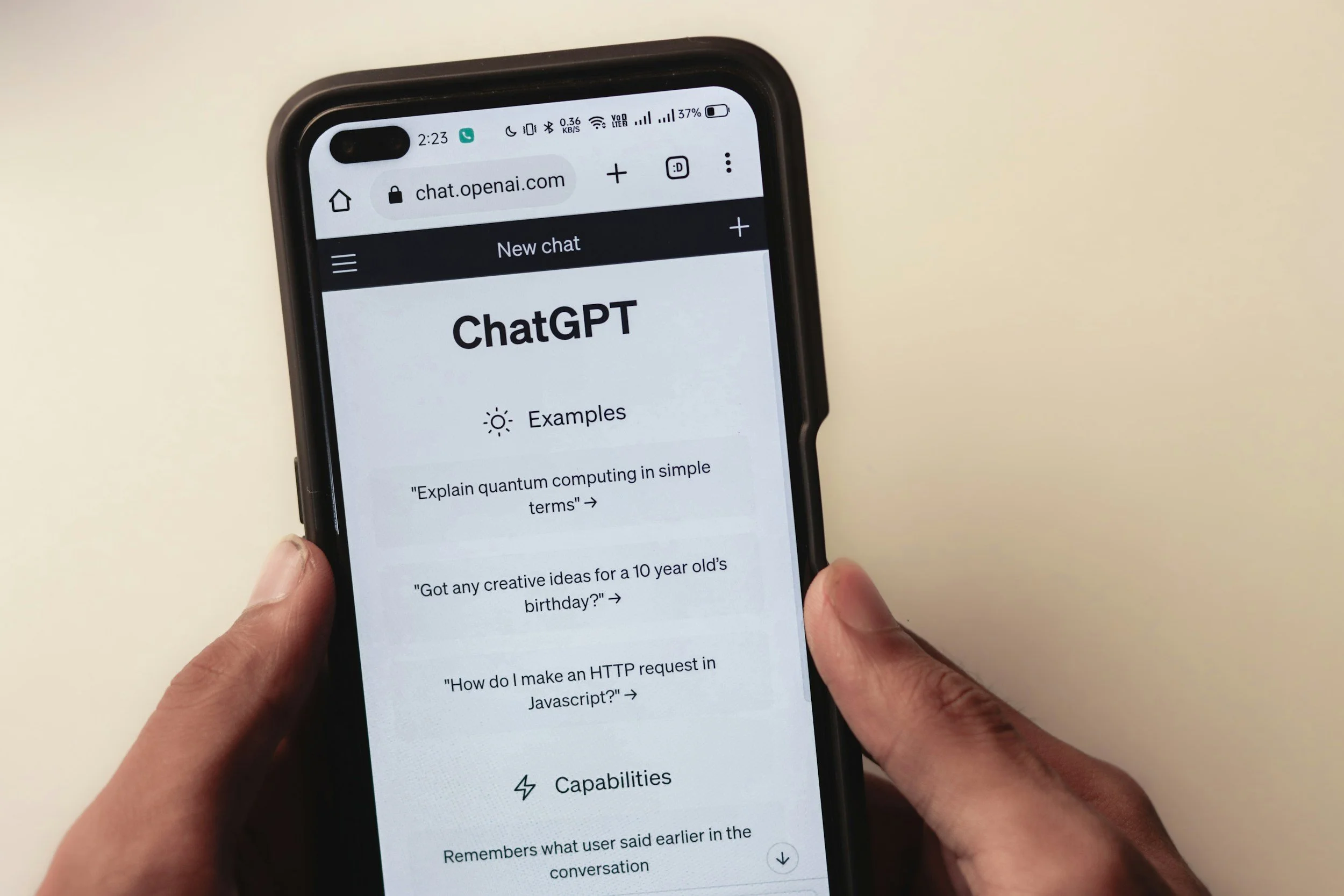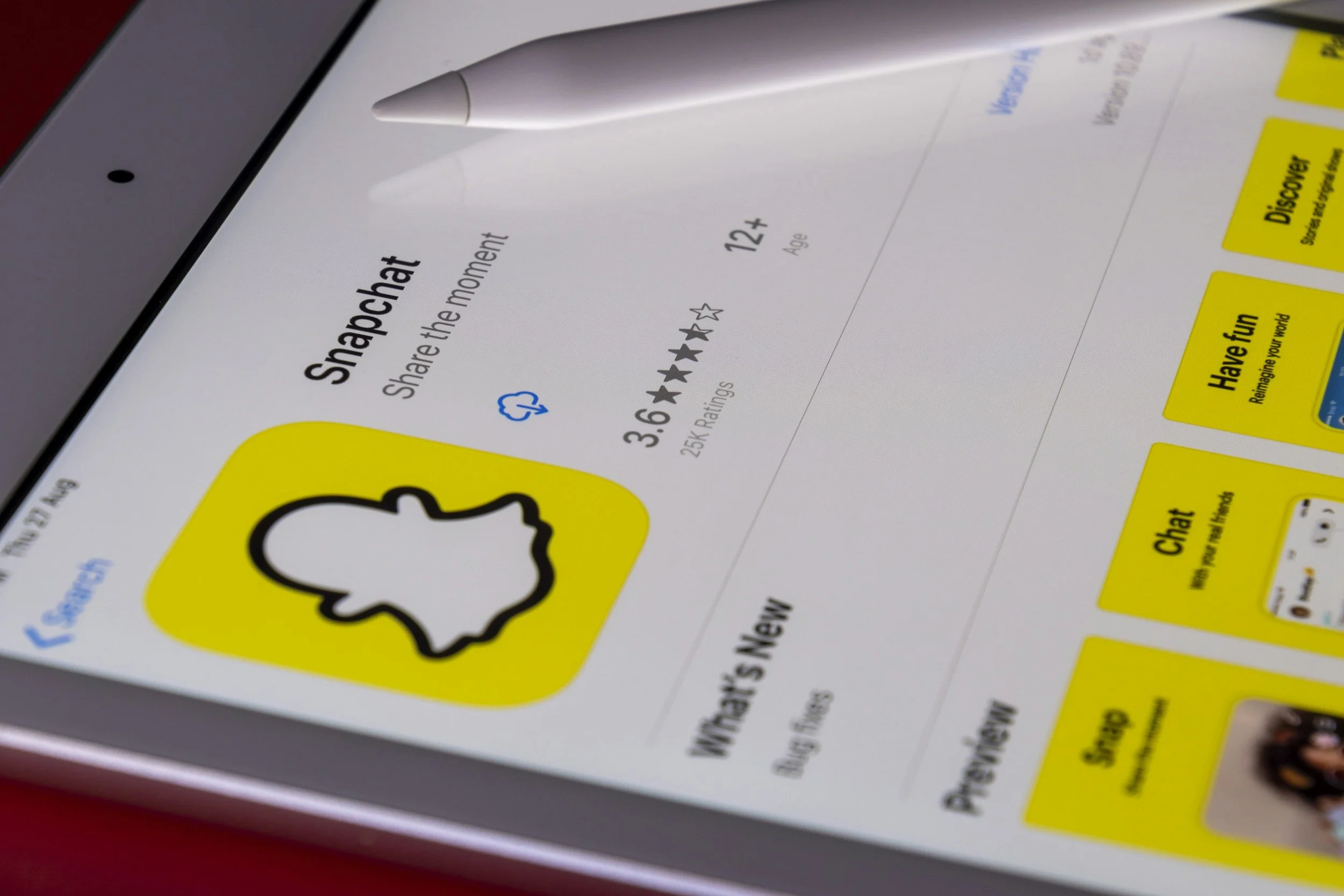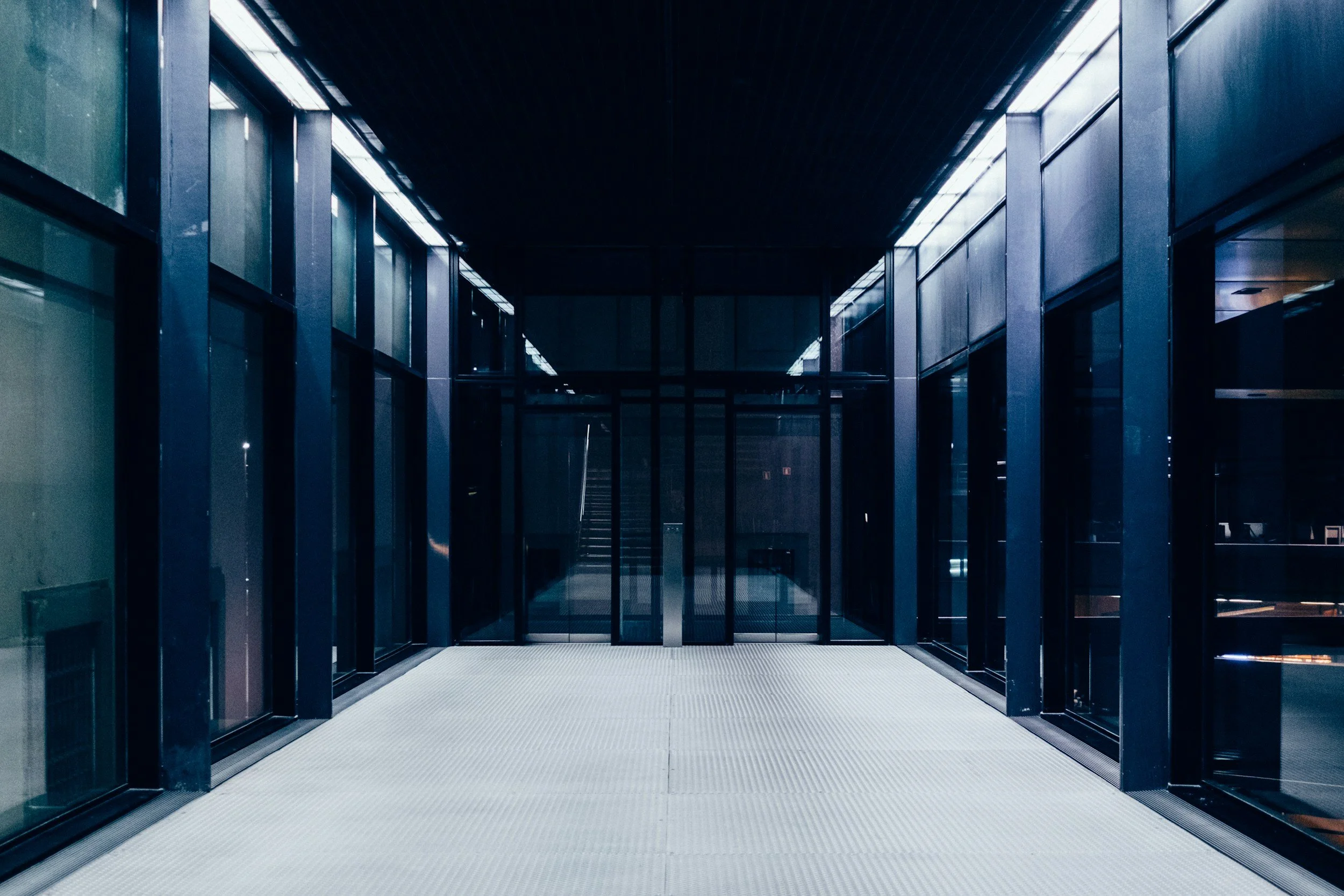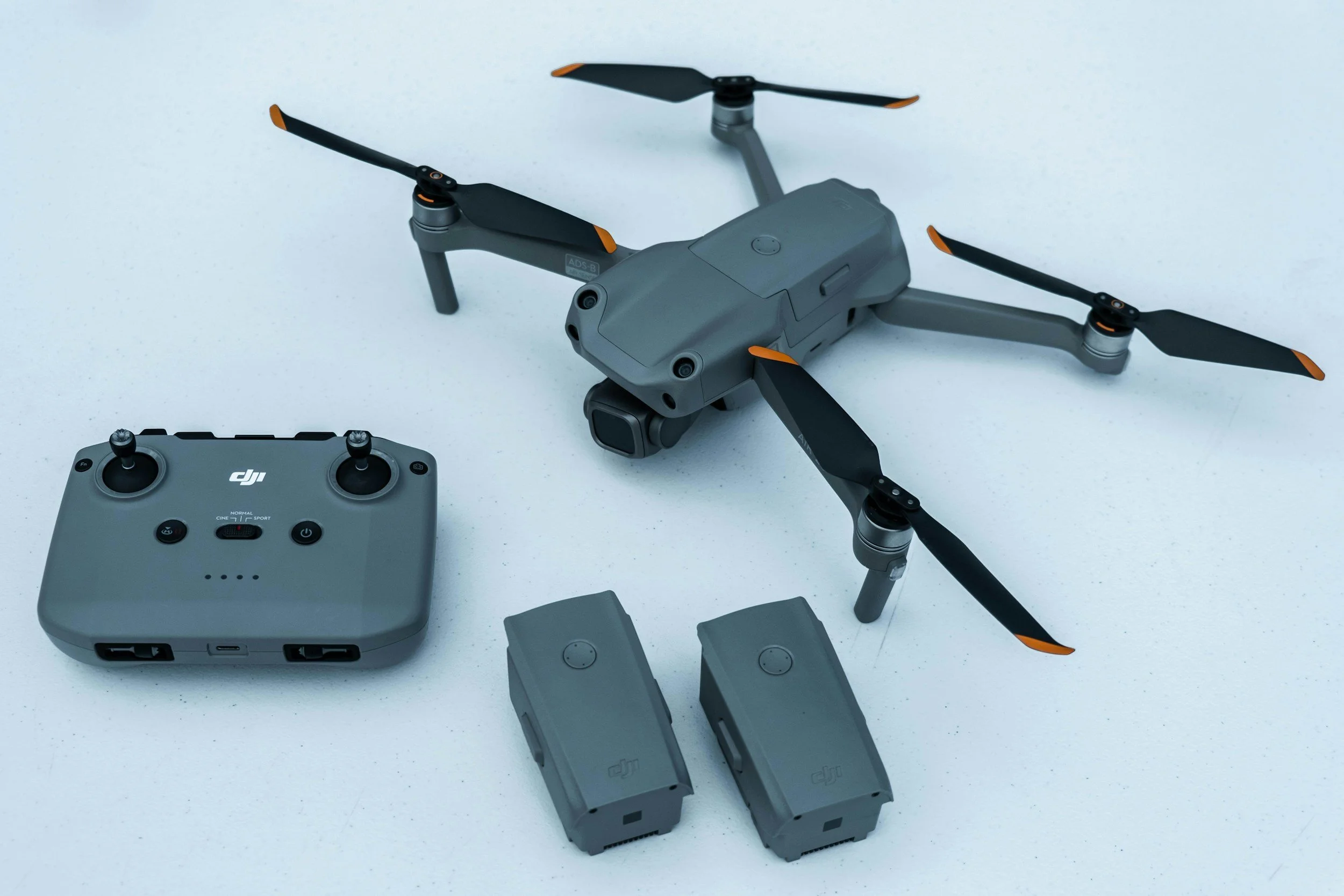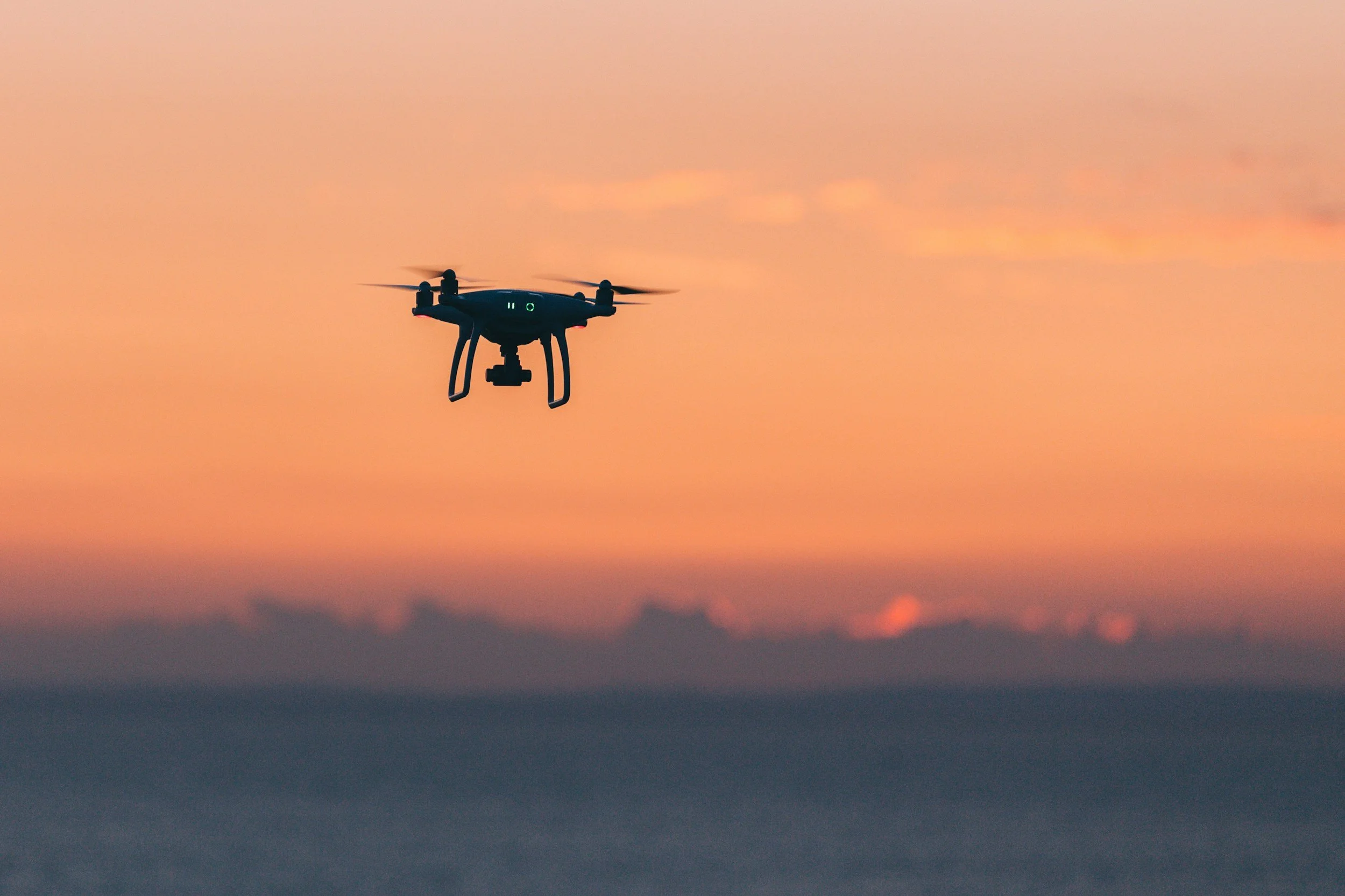Woolworths has announced a significant upgrade to its Olive customer service chatbot, leveraging Google Cloud’s Gemini Enterprise platform to transition the tool into a personalized shopping assistant. The updated Olive will feature "agentic" capabilities, allowing it to perform multi-step tasks such as meal planning and building grocery baskets based on voice inputs or handwritten recipe photos. This report examines the operational changes, data privacy considerations, and commercial neutrality policies governing the new system, as well as how this move aligns with global trends in conversational commerce.
Meta Platforms is cutting roles in its Reality Labs division and closing several virtual reality game studios as part of a strategic pivot. The restructuring involves discontinuing the Horizon Workrooms service and reallocating resources toward artificial intelligence infrastructure and wearables. These changes aim to address operating losses and align with a broader shift toward AI-driven consumer devices.
On January 16, 2026, the UK government expanded the Regulatory Innovation Office's (RIO) remit to prioritize robotics and defence technologies. The announcement includes a new "Front Door" pilot designed to identify and reduce cross-regulator barriers that delay the deployment of autonomous systems, such as inspection drones. This initiative seeks to coordinate approvals across aviation, data protection, and sector-specific safety authorities to streamline the path to market for AI-enabled technologies.
Australian cybersecurity startup Dam Secure has secured $6.1 million in seed funding to address logic vulnerabilities in AI-generated software. Led by Paladin Capital Group, the investment supports the development of a platform designed to validate code correctness and security through plain English rules and a proprietary knowledge graph. The company aims to mitigate "verification debt" as organizations increasingly adopt AI coding assistants.
New project listings from the Disaster Ready Fund detail the integration of machine learning into Australian disaster response, specifically regarding bushfire detection in Victoria and heatwave surveillance in Western Australia. These initiatives mark a shift toward smart infrastructure and automated decision support in national emergency management.
Australia’s eSafety Commissioner has contacted X following a sharp rise in reports regarding the misuse of its generative AI tool, Grok. The regulator cited concerns over the creation of non-consensual explicit imagery and potential risks to children. This inquiry aligns with similar regulatory investigations in the UK and Asia, and precedes the commencement of new Australian online safety codes scheduled for March 2026.
The Australian Institute of Marine Science (AIMS) is implementing AI-enabled automation to address production bottlenecks in coral aquaculture. The initiative includes systems for automated fertilization, computer vision for larval counting, and robotic deployment guidance to support restoration efforts on the Great Barrier Reef.
On January 13, 2026, the US Senate passed the DEFIANCE Act by unanimous consent. The bill establishes a federal civil cause of action for victims of nonconsensual, sexually explicit AI-generated forgeries, allowing them to sue for damages and injunctive relief. It defines “intimate digital forgery” to include realistic AI depictions and operates alongside the existing TAKE IT DOWN Act.
A new report backed by the Commonwealth Bank of Australia indicates a significant discrepancy between perceived and actual abilities to detect AI-generated scams. While 89% of respondents believed they could identify a deepfake, testing revealed a success rate of only 42%. This summary outlines the growing prevalence of synthetic media in investment and business fraud, the psychological "trust shortcuts" that scammers exploit, and the emerging regulatory obligations under the Scams Prevention Framework.
Universal Music Group (UMG) has appointed Hannah Poferl as Chief Data Officer, effective immediately. Poferl, previously the Chief Data Officer at The New York Times, will report to UMG Chief Operating Officer Boyd Muir. Her remit includes leading global data and analytics strategy, leveraging AI technologies to support audience development, and driving the company's "superfan" strategy. This appointment follows UMG’s recent partnership with NVIDIA and reflects a wider industry focus on integrating governed AI tools into digital music operations and rights management.
ChatlyAI.app is a conversational AI platform developed by Vyro AI that aggregates multiple large language models, including GPT, Claude, and Gemini, into a single interface. This report outlines the app’s core features, document analysis capabilities, and data handling policies. It also details the security context following the 2025 breach report regarding unsecured logs and compares Chatly’s governance to platforms like ChatGPT and Perplexity.
Skylum has released Luminar Neo 1.26.0, featuring a new AI Assistant that offers editing suggestions and guidance through natural language prompts. The update, which requires an internet connection for the new feature, also delivers performance improvements and wider camera support, aligning with industry trends toward conversational interfaces in creative software.
The Therapeutic Goods Administration (TGA) has introduced a new legislative instrument permitting restricted advertising for software that detects hypertension patterns using wearable PPG data. This report outlines the specific regulatory conditions, including mandatory consumer advisories and prohibited accuracy claims, and examines how the framework aligns with broader AI medical device standards in Australia and overseas.
OpenAI has launched ChatGPT Health, a dedicated, private space within ChatGPT for managing health and wellness inquiries. The new feature allows users to connect apps like Apple Health and upload medical records for context, with data excluded from model training. It is currently rolling out to early users on web and iOS in select regions.
On January 5, 2026, the Australian Department of Defence announced a funding package of nearly A$40 million for 14 new contracts focused on artificial intelligence and emerging technologies. Managed by the Advanced Strategic Capabilities Accelerator (ASCA), the "Decision Advantage" program is designed to fund the development of prototypes and new concepts—such as machine reasoning and AI orchestration—rather than the purchase of finished systems. The contracts have been awarded to a mix of Australian universities and technology companies to build the technical foundations for future defence capabilities.
The Sydney AI Safety Fellowship 2026 has commenced a 10-week hybrid program in Sydney, aimed at addressing the risks of transitioning to advanced AI systems. Running from January 10 to March 1, the fellowship focuses on critical issues such as loss of control, AI-enabled pandemics, and societal-scale cyberattacks rather than general AI literacy. This initiative runs parallel to the Australian Government's launch of the Australian Artificial Intelligence Safety Institute (AISI), marking a shift toward specialized, risk-focused training within the local AI sector.
Ambarella has introduced the CV7, a new system-on-chip built on Samsung’s 4nm process, aimed at 8K imaging devices such as action cameras, drones, and security hardware. Announced at CES 2026, the CV7 integrates an upgraded AI accelerator with image signal processing to deliver improved performance and lower power consumption compared to previous generations.
GDU has introduced the UAV P300 at CES 2026, an enterprise drone targeting the public safety and infrastructure sectors. This report details the manufacturer's claims regarding AI-enhanced visibility in adverse weather, obstacle avoidance technology, and autonomous navigation. It also examines how the P300 compares to competitor models from DJI and Skydio, while noting relevant regulatory factors that may impact availability.
Sydney-based Morse Micro has announced the general availability of HaLowLink 2, a Wi-Fi HaLow platform designed to extend wireless connectivity for IoT and edge AI networks. The device functions as a router, access point, and extender, utilizing sub-1 GHz spectrum (IEEE 802.11ah) to provide longer range and better signal penetration than standard Wi-Fi. Powered by the MM8108 chipset and running OpenWrt software, the gateway targets developers and integrators requiring reliable connections for agricultural, logistics, and smart city deployments.
Universal Music Group (UMG) and NVIDIA have entered a partnership to develop "responsible AI" systems aimed at improving music discovery and engagement. Announced on 6 January 2026, the collaboration focuses on extending NVIDIA’s Music Flamingo architecture, which processes full-length tracks to interpret musical elements like harmony and lyrics. The companies stated the project will prioritize artist rights and attribution, establishing creative laboratories to integrate artist feedback into the development of new tools.
CSIRO has introduced "My Plan," a new AI-powered feature for the Total Wellbeing Diet designed to personalize meal plans based on individual preferences, allergies, and health conditions. The launch follows CSIRO analysis indicating that members who frequently use meal plans lose 24% more weight on average than less frequent users. The tool utilizes data from millions of meal interactions to tailor suggestions, aiming to improve adherence and long-term results.
As the United Kingdom enters the regulated period for the May 2026 elections, the Electoral Commission is forming a new unit to identify and request takedowns of political deepfakes. The initiative addresses concerns regarding AI-generated impersonations and manipulated audio targeting candidates. This report examines recent incidents involving UK politicians, the regulatory gaps in current legislation, and how the UK's operational response contrasts with Australia's focus on disclosure and voter education.
A new preprint from researchers at the University of Wisconsin-Madison and the University of Portsmouth introduces Prithvi CAFE, a hybrid AI architecture for flood inundation mapping. By combining the Prithvi EO 2.0 foundation model with a parallel CNN branch, the method aims to improve segmentation accuracy on unseen geographies while significantly reducing the number of trainable parameters required for fine-tuning.
As AI development moved from general chatbots to actionable agents in 2025, the vocabulary of the industry shifted. This report explains ten critical terms—from reasoning models and small language models (SLMs) to content provenance—that defined the year’s technological and regulatory landscape.
ABC News has published guidance on avoiding scams on Facebook Marketplace and Gumtree as losses rise. This summary outlines key warning signs, such as fake payment proof and urgency, and explains how AI tools are enhancing social engineering tactics. Includes safety advice from Scamwatch and Gumtree.
Regulators across Europe and Asia have launched inquiries into X’s Grok AI following reports that its image editing tool was used to generate non-consensual explicit imagery. As complaints surge regarding the safety of the new feature, authorities in the EU, UK, India, and other jurisdictions are demanding immediate safety updates and compliance with digital safety laws to protect users from deepfake abuse.
PYXA.AI promotes a consolidated AI dashboard for a single lifetime payment, aiming to disrupt the subscription model. This analysis examines the viability of this offer, detailing how the company's "Fair Use" policies, reliance on third-party models, and usage-based refund strictures affect long-term user access and service sustainability.
Australian economists and global analysts are framing 2026 as a pivotal year for artificial intelligence, shifting focus from technical potential to financial viability. Recent reports from the ABC, Axios, and Goldman Sachs highlight the growing pressure on companies to demonstrate return on investment amidst rising infrastructure costs. The analysis further examines Australia's unique economic position, citing the impact of global trade fluctuations and domestic challenges regarding data center capacity, energy consumption, and water usage.
Industry reporting for 2025 identifies Application Programming Interfaces (APIs) as the critical infrastructure connecting AI agents to real-world systems. Data from the Postman State of the API Report suggests that while AI adoption is widespread, API design and security measures often lag behind, raising significant concerns about unauthorized access and automated tool usage.
The Museum of Contemporary Art Australia (MCA) is currently hosting "Data Dreams: Art and AI," a large-scale survey exhibition running until April 2026. Presented as part of the Sydney International Art Series, the show features ten artists—including Angie Abdilla, Kate Crawford, and Christopher Kulendran Thomas—who examine AI as a complex infrastructure rather than a single tool. The exhibition explores themes of data collection, model behavior, and the credibility of synthetic media, distinguishing itself from other international shows by focusing on the social and systemic effects of artificial intelligence.
AI Academy
Business & Economy
Chatbot Development
Digital Security
Environment & Science
Weekly Highlighted Videos
Curated and recommended by our team, these videos showcase the latest trends, breakthroughs, and insights in AI and technology. We select content from trusted creators to keep you informed and inspired.
Have a video you'd like featured? Contact us today!








